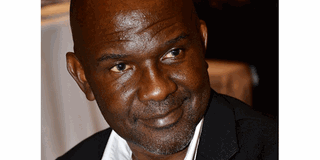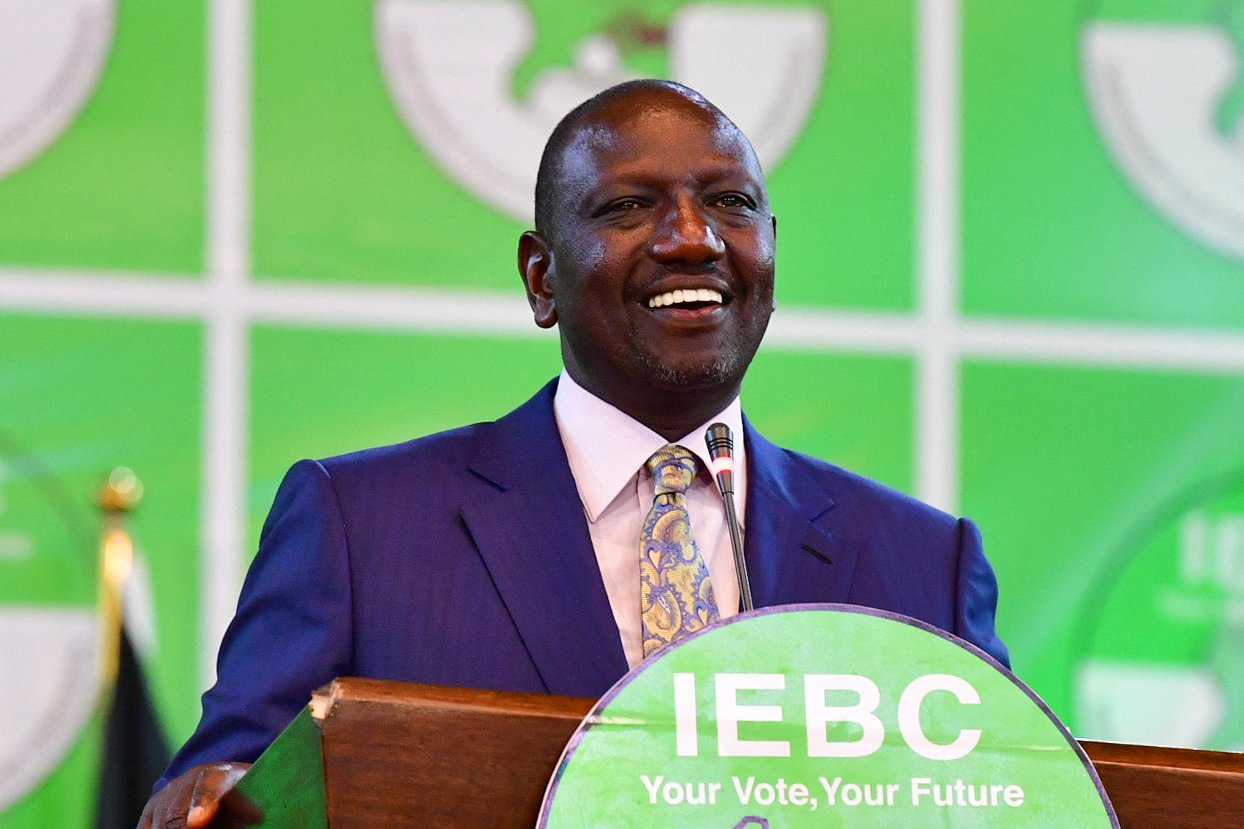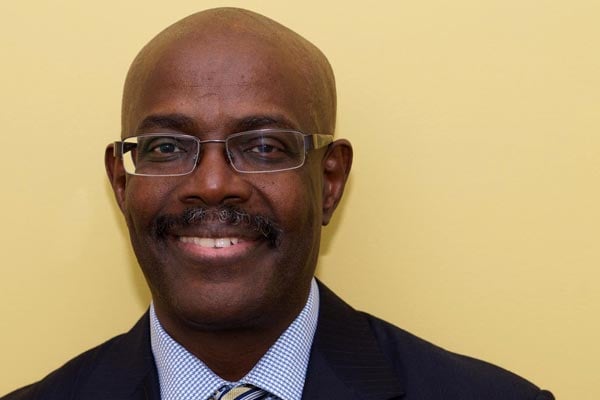Prime
Dating debt, the dilemma for African democracy

Author: Nicholas Sengoba. PHOTO/NMG
What you need to know:
- Most governments are now stuck with brand new ill equipped hospitals without motivated and adequate man power. Yet they have to service the debt and repay it. Same applies to schools
At the turn of the century, the buzz word on the African continent was democracy. The Soviet Union had disintegrated which for all intents and purposes closed the door on the Eastern ideology of communism.
The question of pro East or pro West was rendered redundant. The West led by the USA celebrated the birth of a unipolar world whose main goal - after all said and done - was free market economics.
Unlike the past where many African economies were chiefly in the hands of the state and the president with his acolytes could easily determine and control prices, it was now left to the private sector.
Governments divested and privatised most of their business interests. They decided to retreat into the realm of policy and regulation. Along with this was the wave known as the wind of (political) change. The continent moved from operating predominantly one party organisations to a multiparty democratic system.
There were all manner of actors who joined the fray. As usual the Western media coined a term for them; the ‘new breed’ of African leaders. Never mind the fact that among them were many autocratic incumbents, soldiers, civilians with guns, rouges, revolutionaries and pretenders plus decent reluctant converts.
So we set off on the journey of one man with one vote choosing from an array of suitors promising them heaven. It has proved to be quite an expensive one. Huge elections have cost a lot in terms of working time, security, facilitation and remuneration for the elected.
And that is only a small part. Because we are practising democracy, all the people everywhere need representation. So you have layer upon layer of people, each with their own promise but without means to actualise them; representing the people.
The only viable option is the government delivering on the myriad of promises in order to be considered worth voting for in the next election.
The government in power must be seen to be investing in things that can be seen with the naked eye. So we do not lay a lot of emphasis on manpower development. Instead there is now a boom in construction of infrastructure, from roads, dams, bridges, schools, hospitals, housing, sports facilities and airports.
This has two major challenges, first most governments do not have their own money to carry out all these public works because of challenges in revenue collection. We don’t even have the manpower to maintain them. Something as mundane as collecting the road toll on the Entebbe Expressway is being done by a foreign investor.
Secondly even when all is put in place, the capacity to utilise say roads or even electricity in order to provide a sensible return on the investment is extremely low.
So the solution is making a date with debt in order to answer the call of democracy and keep relevant.
But borrowing has not come cheap. The numbers tell the story. Africa’s debt burden stood at about $305 billion in 2010 and doubled a decade later to $702 billion in 2020.
The continent in 2021 paid up to $69 billion in debt repayment. Between 2022 and 2024 about $185 billion will be due. Foreign debt payments were 5.3 percent of exports in 2011. This doubled to 11.7 percent in 2019, then to 15.5 percent in 2020.
What all this means is that the money which would have been used to keep the promise of democracy alive; provide health care, education, employment, housing, food and all other aspects of the social safety net, is being used to pay debt. The irony is that it is repayment for the delivery of the goods promised as the package of democracy.
In the final analysis governments either have to default on debt repayment or renege on delivering on the promise of democracy. The former is next to impossible because it closes the life line of the governments which are in constant need of borrowing.
So democracy for which debt has been sought in the first place, ends up suffering. Most governments are now stuck with brand new ill equipped hospitals without motivated and adequate man power. Yet they have to service the debt and repay it. Same applies to schools.
The paved roads that have not managed to stimulate growth of agriculture and manufacturing and industry plus the dams whose generated wattage is not fully utilised are all part of the dilemma. So you now have governments that must use high handed methods to get to power and remain there.
It means investing heavily in the military and police under the guise of providing a peaceful and stable environment for economic activity to flourish because capital is very sensitive.
The people who voted for the government end up on the receiving end of the wrath of these organisations for calling on the government to account and provide.
No wonder in Uganda the attrition rate of members of Parliament is about 70 percent at every subsequent election. The people are always trying out a new person while punishing the incumbent for not delivering. This happens again and again because there is little in the context in which a politician operates, that they can change.
The government has no option but to fight its way to survive by organising shambolic, and violent elections that lack integrity.
So the much hyped new wind of change touted as the panacea of change and progress has turned into a whirlwind that swept aside many aspects of democracy. It has left behind the vestiges of the autocratic dispensation of old. So you now hear a president talking about crashing those who want to destabilise the country simply because they are asking him to keep his promise.
It has now become fashionable to steal from the people in order to keep them at the level of mere survival in order to make it risky for them to engage in demonstrations and other civil forms of protest. They must stay at their market stall or in their gardens ensuring that they do not miss their daily bread. Unless Africa breaks out of the vicious cycle of debt, democracy as it is preached will remain an expensive fantasy.
Mr Sengoba is a commentator on political and social issues
Twitter: @nsengoba




